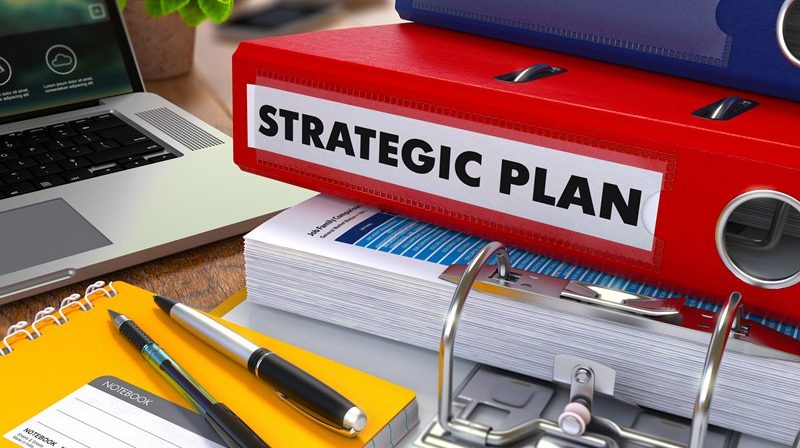
Cost v investment?
There is a temptation to treat expenditure as a cost. The Cambridge Online dictionary defines cost as: “The amount of money needed to buy, do, or make something”
What this definition does not do is to expose the difference between a cost that deals with a current need – to replace a printer cartridge for example – or to provide information or resources to deliver more goods and resources in the future or to improve the quality or range of goods and services that you sell.
The “current need” costs are costs. Those that fall into the latter category are better defined as investments.
There is a tendency to treat costs as something to avoid, especially, as now, when sales are low or non-existent. And this may be a sensible precaution to protect cash-flow at this time. But this process needs to be reconsidered when the brakes start to come off, when lock-down is eased, and when business activity starts to pick-up.
A better classification, when you consider expenditure options, is to favour investments.
For example, you may have computer hardware that is constantly falling over and hindering your efforts to resume trade. Clearly, replacing this kit is an investment that will support your efforts in the future; the expenditure required is, therefore, an investment.
Alternatively, you may have a delivery vehicle that is still road-worthy, but you would like to have a new piece of kit on the road. This expenditure would not add to your resources and allow you to increase sales or reduce other costs, it would, if you like, be a new toy. If so, this expenditure would be a cost to your business.
Costs are necessary but should be minimised. Investments add value to your business plans and should be maximised. How to plan for both categories is a key part of your budgeting process.
For more information on Cost v investment, Book a Free Consultation
Need Accountancy Support?
For information on bespoke training, or if you have any other questions for Makesworth Accountant, please fill in your details below
















 151
151